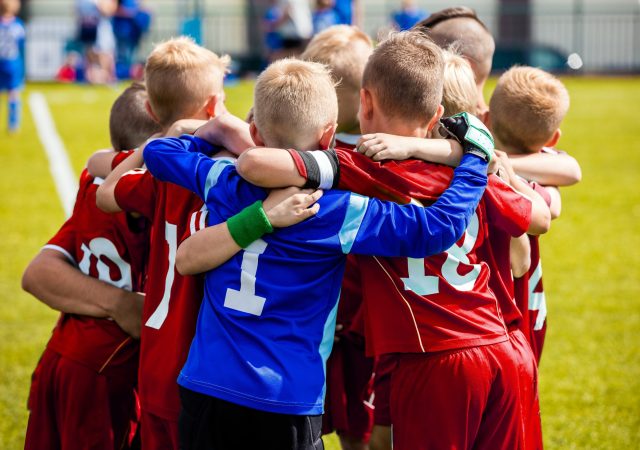
It is a great challenge to create a quality relationship with athletes
Photo: Shutterstock
Regardless of whether it is about children or adults, a top priority for every coach is to build a quality relationship with athletes. Creating a quality relationship with athletes is often a big challenge. The relationship between a coach and athlete is a key component of a successful team. There are athletes with whom the coaches have no major problems to establish a quality relationship, but there are also athletes who can be closed like a seashell. Establishing a quality relationship with them it’s kind of artwork. In order to reach the minimum amount of information from such introvert athletes, patience and time must be invested. If you have any coaching experience then you yourself probably know how frustrating it is when you try to get information from someone who does not want to speak.
There is no single recipe to create a successful relationship between coaches and athletes. There is only a handful of quality experiential examples of senior coaches and expert tips that can be used as a guidepost. To create a quality relationship between coaches and athletes patience, understanding and trust on both sides is needed. Coaches must show athletes (in words and inaction) that they first care about them personally and only after that about their common goals and awards. Coaches must never forget athletes they are coaching have different personalities. So in order to succeed, they must adapt. They must be willing to share information about people and things that are important for athletes. If coaches want the athletes to share information with them, equally information have to be shared with athletes.
Through an exchange of information, an emotionally safe environment is created. Athletes immensely value such an approach by giving the maximum of co-operability. Thanks to the mutual exchange of information, a culture of trust between coaches and athletes is built. Such a culture created builds positive relationships and makes it a regular part of daily routines. Because of the coach who is respected and with whom they feel connected and secure, athletes are prepared to go above and beyond their capabilities and are even ready to enter a danger zone to achieve a common goal. High level of mutual respect brings confidence in the rightness of giving themselves to others, both by athletes and coaches. Successful coaches have long known that time and energy invested in building quality relationships with their athletes brings huge dividends.
